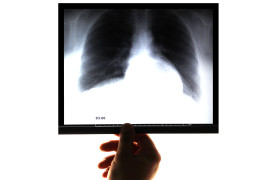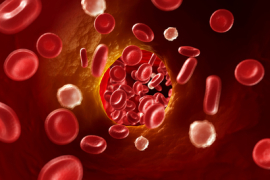It has been well established that periodontal pathogens are capable of moving around the body, affecting organs and systems in a variety of ways. They have, on several occasions, even been found in heart plaque, leading researchers to conclude that there might be a significant relationship between periodontal disease and heart disease.
But the degree of these bacteria’s involvement in atherosclerosis is not yet certain, which is why researchers in France sought to investigate the relationship between plaque composition and periodontal pathogens involved.
Knowing that plaque ruptures throughout the body are associated with higher incidences of atherosclerotic plaque rupture—which can lead to a heart attack—they tested for DNA of common periodontal pathogens, including P. gingivalis, T. forsythia, T. denticola, A. actiomycetemcomitans, and P. intermedia in carotid tissues.
From previous studies, we know that the presence of periodontal infection in the vascular system can incite a significant immune response—one that may, in fact, trigger the development of atherosclerosis.
The French research team found bacterial DNA of periodontal pathogens in 73% of carotid samples, leading them to conclude that periodontal pathogens—especially T. forsythia—might play a significant role in the immune response to hemorrhaging carotid plaques.
The study authors suggest that the presence of periodontal bacteria in the carotid arteries may have provoked the activation of neutrophils—a kind of white blood cell that creates an immune response to microorganisms—thereby playing a potential role in hemorrhaging plaque.
Because intraplaque hemorrhage is one of the main predictors of heart attack and stroke, research into the underlying molecular process is crucial to saving lives and improving treatment strategies. Though the exact role of periodontal bacteria is not yet set in stone, the information presented in this study is an important point in the discussion of how dental care can be integrated into medical care to reduce the impact of systemic disease.



